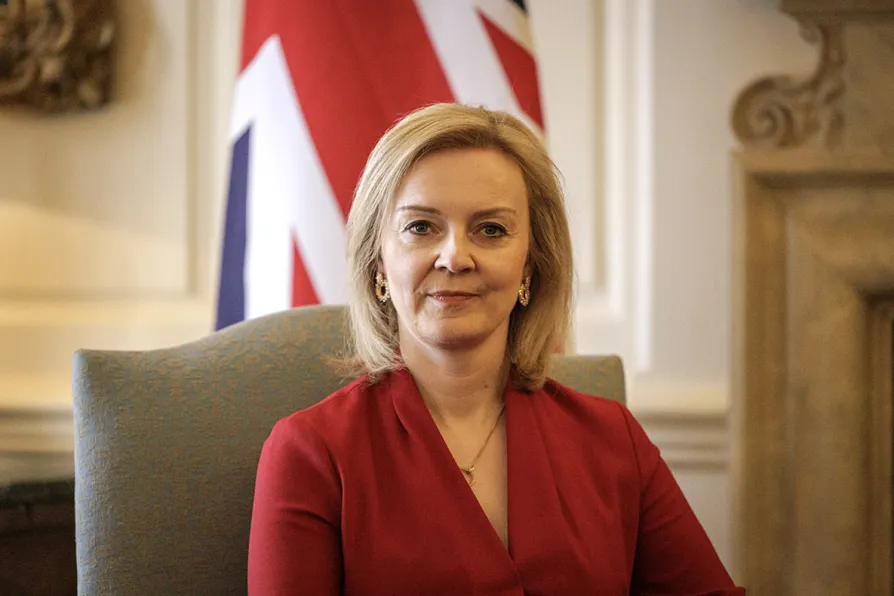Tories ‘putting politics above poverty’ in new aid strategy, charity says

 Foreign Secretary Liz Truss claims that the strategy would bring “more countries into the orbit of free-market economies.”
Foreign Secretary Liz Truss claims that the strategy would bring “more countries into the orbit of free-market economies.”
THE government is putting geopolitics over fighting poverty in its new aid strategy, charities said today.
The International Development Strategy proposes delivering aid directly to countries rather than through multinational organisations such as the United Nations.
The switch is intended to give the Foreign Office greater control over how aid money is spent.
Similar stories

New stats show huge chunk of foreign aid is spent housing asylum-seekers within Britain













